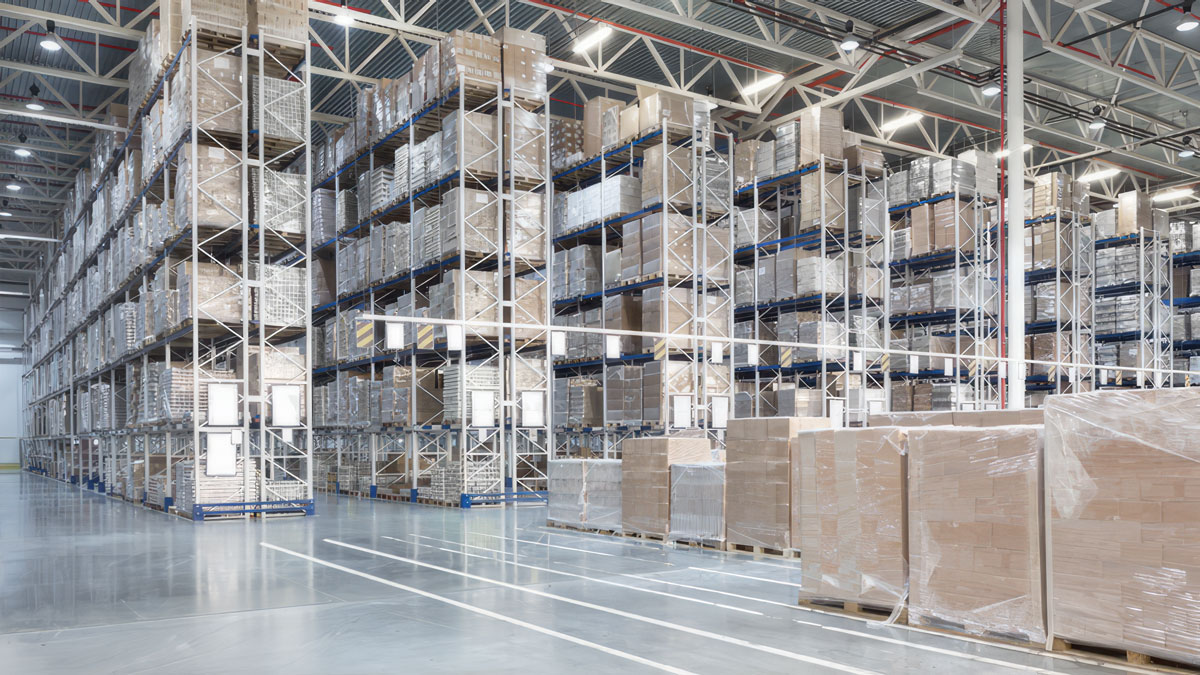UK Warehousing’s Electric Transformation Left Static by Grid Delays
Power constraints on the UK grid are critically threatening the warehousing sector’s energy security, on top of blocking its potential to boost the country’s solar capacity by 50%.
Eye-watering fuel costs have sent demand for renewable and efficient energy systems surging across the UK’s warehousing sector, further accelerated by the government’s decision to scrap the Energy Bill Relief Scheme (EBRS) as of April 1st 2023.
The time-limited scheme was put in place between October 2022 – March 2023 to limit business’s exposure to volatile energy markets, namely the skyrocketing gas and electricity prices that were initiated by Russia’s invasion of Ukraine. It has now been replaced by Energy Bills Discount Scheme (EBDS), which works as a tiered discount system and provides those that the government deem to be ‘Energy and Trade Intensive industries’ (ETIS) with the highest level of discounted rates. While warehouses are notoriously energy intensive – using 6.1KwH of energy per year, on average – they have not been included in this ETIS support bracket.
Gridlocks and bottlenecks
The warehousing sector is therefore urging governmental support in integrating renewable energy sources into its facilities, especially after being hit with critical delays when attempting to secure a grid connection. There is a limited (and rapidly diminishing) amount of capacity available via the UK power grid, and heightened demand for the adoption of renewable and clean energy has sent applications for wind and solar grid connections skyrocketing; businesses in England and Wales are being told by their local Dependent Network Operator (DNO) that they must wait in line behind 600 other projects, in a backlog that The National Grid warns will extend more than a decade into the future.
In a recent report, energy, and infrastructure specialist Vattenfall highlights that under the UKs current legislation, connecting new demand or supply in a constrained area can land businesses with a huge bill to upgrade the local and the higher voltage networks. But the process of requesting, and the method of pricing for, grid enforcement works is set to change this year, meaning that new grid connections will potentially be far cheaper – possibly even free for the applicant. This will catch the DNOs who are in control of the electricity distribution network in the centre of a perfect storm, further intensifying bottlenecks and gridlocks.
Solar power potential, unlocked
Vattenfall’s report does however clarify that business’s should not be dissuaded to start their electrification journey, as there is an alternative route available to secure grid access now, without being struck with unviable costs or delays. Namely, businesses can partner with an Independent Distribution Network Operator (IDNO) – an Ofgem regulated energy professional – who will reserve grid capacity for free on behalf of their clients. IDNOs also contribute to the costs of designing and building an electrical network through an Asset Adoption Payment (AAV), which can significantly reduce the developer’s total capital cost. DNOs are not permitted to offer this type of payment to discount capital expenditure, it is entirely unique to IDNOs.
If able to secure timely grid connections, the warehousing sector has the potential to be a leading player in the UKs net zero journey. A report from the United Kingdom Warehousing Association (UKWA) and consultancy Delta Energy & Environment (Delta-EE) shares that warehousing provides an unparalleled amount accessible roof space close to industrial and residential centres, putting them in a unique position in terms of solar power. Having solar panels installed onto these roofs could double the UKs solar capacity, reducing greenhouse gas emissions by two million tonnes per year, the report states.
While the UK government is researching wider plans to improve capacity and lessen delays, this will take time – and given the cost implications that the new EBRS scheme, time is not something that the logistics and warehousing can afford. Acting today to prepare for tomorrow is the most vital step for the sector to regain energy resilience, and to lead the UKs green revolution to victory in time for our 2050 net-zero deadline.







